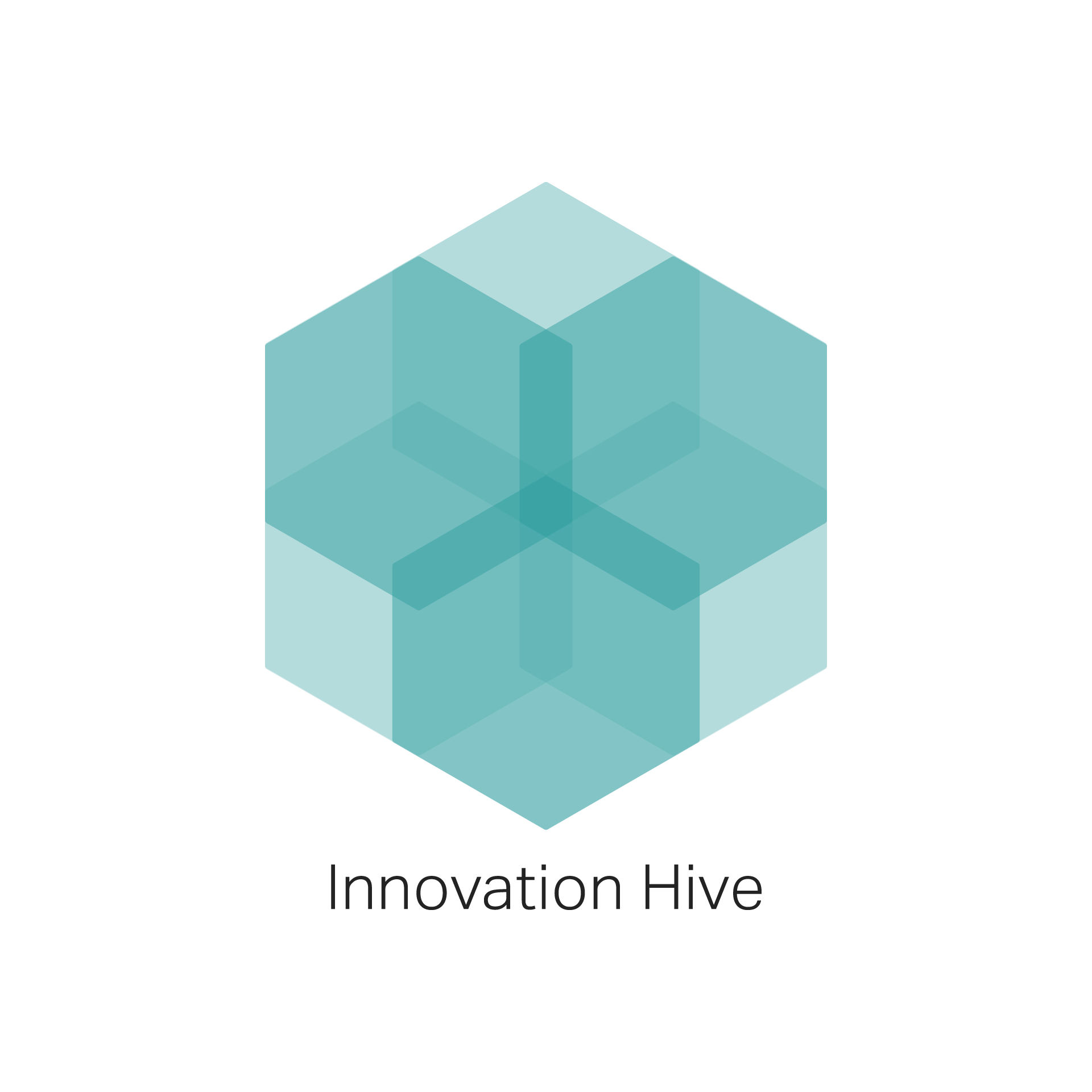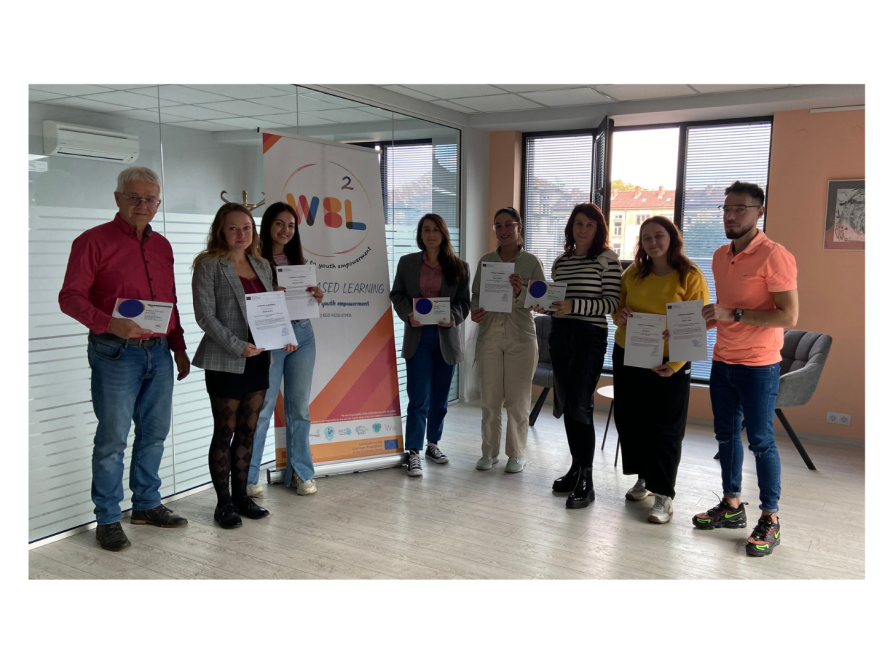Due to the Covid-19 pandemic, even previously “digitally lethargic” businesses will suddenly need to improve their digital capabilities. The outcome will be a challenging learning curve. Leaders who have resisted enabling employees to work from home may discover that some employees are more productive when given the freedom to do so. All of this could cause a mentality change and open the door for significant digitization initiatives in the years to come. This endeavor must be carried out on a global scale, in accordance with the principles and ideals that underpin EU funding.
Aligned to the aforementioned, the Workplace Innovation Manager professional profile will be introduced as part of the WIN project, which will directly address the demands and difficulties that businesses, SMEs, and organizations confront in their attempts to manage and promote workplace innovation. The WIN project envisions the position of the Workplace Innovation Manager as an internal knowledge hub that will be able to disseminate ideas management, design thinking, and innovation competencies throughout the enterprise.
Within this context the first deliverable of the Win Project called State of the Art on Workplace Innovation is completed. For the PR1 activities of the WIN project, the consortium (BULGARIA, GREECE GERMANY, HUNGARY and SLOVENIA) conducted a desk and field research, developed guidelines on impact assessment, created a national and synthesis report on workplace innovation. The desk research involved the collection of literature and case studies on workplace innovation in small and medium-sized enterprises (SMEs). The field research used a structured questionnaire to gather data from SMEs, employers, and employees, and identified key skills and competences for workplace innovation managers. The guidelines on impact assessment developed an evaluation model to assess the costs and benefits of introducing a workplace innovation manager position. When it comes to the National reports, these were created based on the desk and field research and a synthesis report was developed to serve as a framework for the professional profile and training curriculum of workplace innovation managers and a toolkit and training course. The synthesis report also provides guidance on the learning content and outcomes for each module of the training course.
In conclusion, some key points emerging from the conducted research include investing in digitization, and promoting healthier practices in the workplace. It is noted that there is no single model, tool, or method for achieving innovation in the workplace, but rather a mix of structural and cultural practices that enable employees to participate in organizational change and development.



